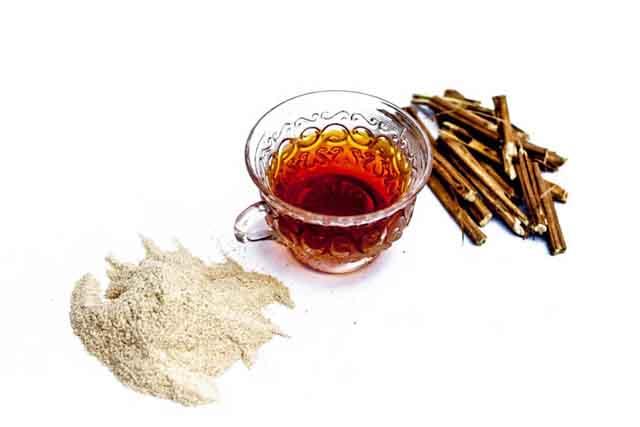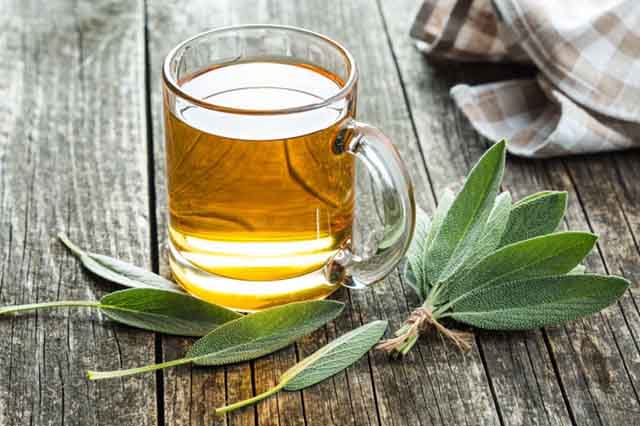When ordering a cup of tea in Paris, chances are what arrives at the table will not be what you expected. A glass will be placed on the table with a pot of hot water and a tea bag. Upon request, milk may be served hot.
For decades the Brits of France have been looking for a suitable cup of tea. Needless to say, no one has found it. The market sells boxes of weak tea that would receive a failing grade from the Brits.
Individuals who want tea must ask British friends to send it to them, purchase it online, or go to the market and purchase it from Marks and Spencer.
While individuals are doing this, there is a hushed radical tea movement in France.
In France, connoisseurs are raising their cups for French blends that have been hailed as excellent across the globe.
Tea brands are quickly expanding, selling not only online but also in stores across the world. Hundreds of varieties are available.
The middle class of France is suddenly a tea-drinking one with tea salons spreading like wildfire. Individuals are signing up for classes that teach one how to taste a proper cup of tea and serve it.
When French tea is compared to British tea, the two are not the same. British tea is heavily brewed and rich in dark tannins, while French tea is considered to be more delicate.
Didier Jumeau-Lafond of Dammann Teas, based in Dreux, west of Paris, stated that when one goes to China auctions, one can tell the British, as they purchase 1,000 tonnes of this and another 1,000 tonnes of that. The difference between the Brits and the French is that those in France just want the best quality, and will purchase a maximum of 10 chests at a time. The Brits have a goal of getting it at the cheapest price.
Dammann, an ancient company, can date back to King Louis XIV. In modern times it assisted in accompanying the French tea revolution by producing an immense scope of fragrant brews.
In France, a recent age of wellness-conscious patrons has started unearthing what tastes tea can really possess. Different colors, new growths, vintages, fermented, and single garden teas are all possible.
In the 17th century was when tea first arrived in Paris from the Dutch and was often given for health reasons. Over time, tea became a part of everyday life. The beverage was so popular that one newspaper was called Le Thé. By the 19th century, tea was a passion for those lucky enough to be well off in France. However, in the UK, tea remained very popular for everyone.
Jumeau-Lafond said that when he was a child, there were only two kinds of folks who drank tea in France – invalids and aristocrats. He then went on to say approximately 20 years ago people began believing coffee was bad for you, so they started looking for a substitute. They tried tea and found that they enjoyed it.
Top Three Healthy Herbal Teas You Should Try
Herbal teas are drinks produced from the infiltration of herbs, spices, or other plant substances in hot water. They come in a large variety of flavors, each with its own health benefits.
Chamomile Tea

Chamomile tea is the perfect beverage when looking for various health benefits. Health benefits include:
- Decreasing menstrual pain, less anxiety during this time of the month, and less distress
- Slowing down or preventing osteoporosis
- Treats the common cold
- Aids in relaxation and sleep
- Lowers blood sugar levels in individuals with diabetes
- Promotes good digestive health
- Helps prevent cancer and assists in cancer treatments
- Decreases inflammation
- Improves heart health
Ashwagandha Tea

Ashwagandha is a popular herb that has been used for many years in helping improve brain function. Other health benefits of ashwagandha tea include:
- Decreases inflammation
- May be effective in treating insomnia
- Reduces stress
- Supports endurance and strength
- May lower cholesterol
- Reduces depression and anxiety
- It helps to boost testosterone levels in males
- Could aid in reducing stress-related weight gain
Sage Tea

Sage tea is made from the herb sage which is commonly grown in many gardens. It is well known as being a member of the mint family. As it is full of many antioxidants and anti-inflammatory compounds, it has numerous health benefits. These include:
- Promoting brain health
- Improves blood sugar control
- Assists with skin health and wound healing
- Might have anti-cancer properties
- Promotes oral health
- Aids in women’s health
- Can soothe upset stomachs
- Relieves bloating, diarrhea, constipation, cramping, and flatulence
- Helps with heartburn

